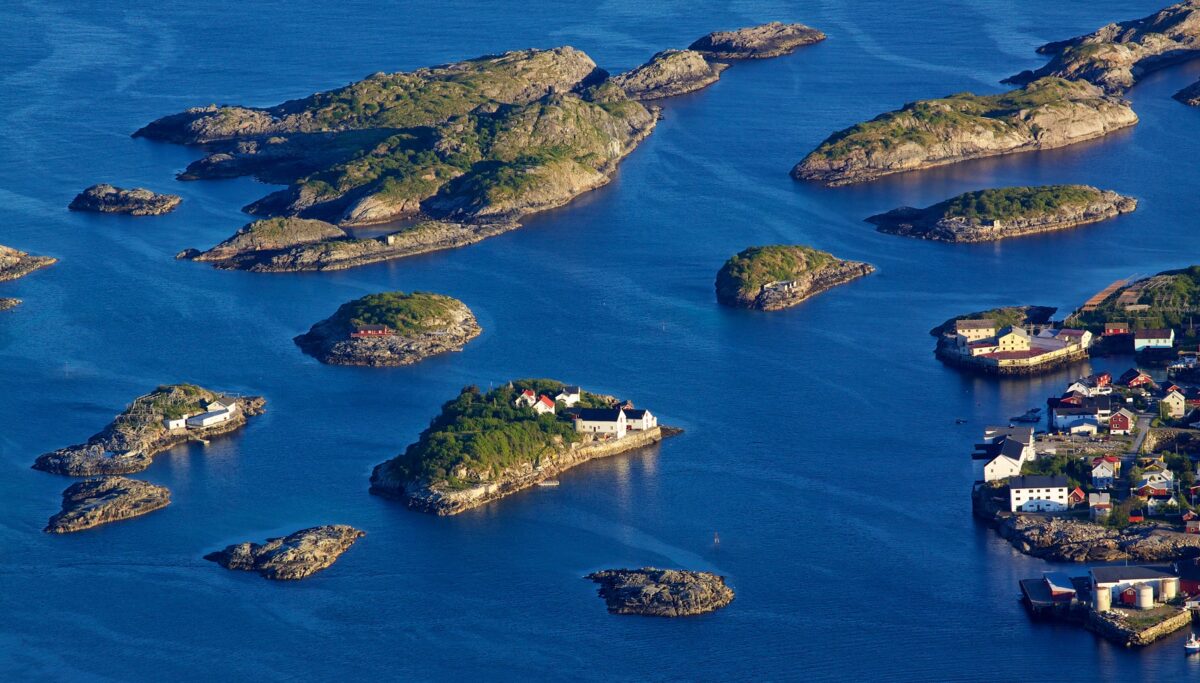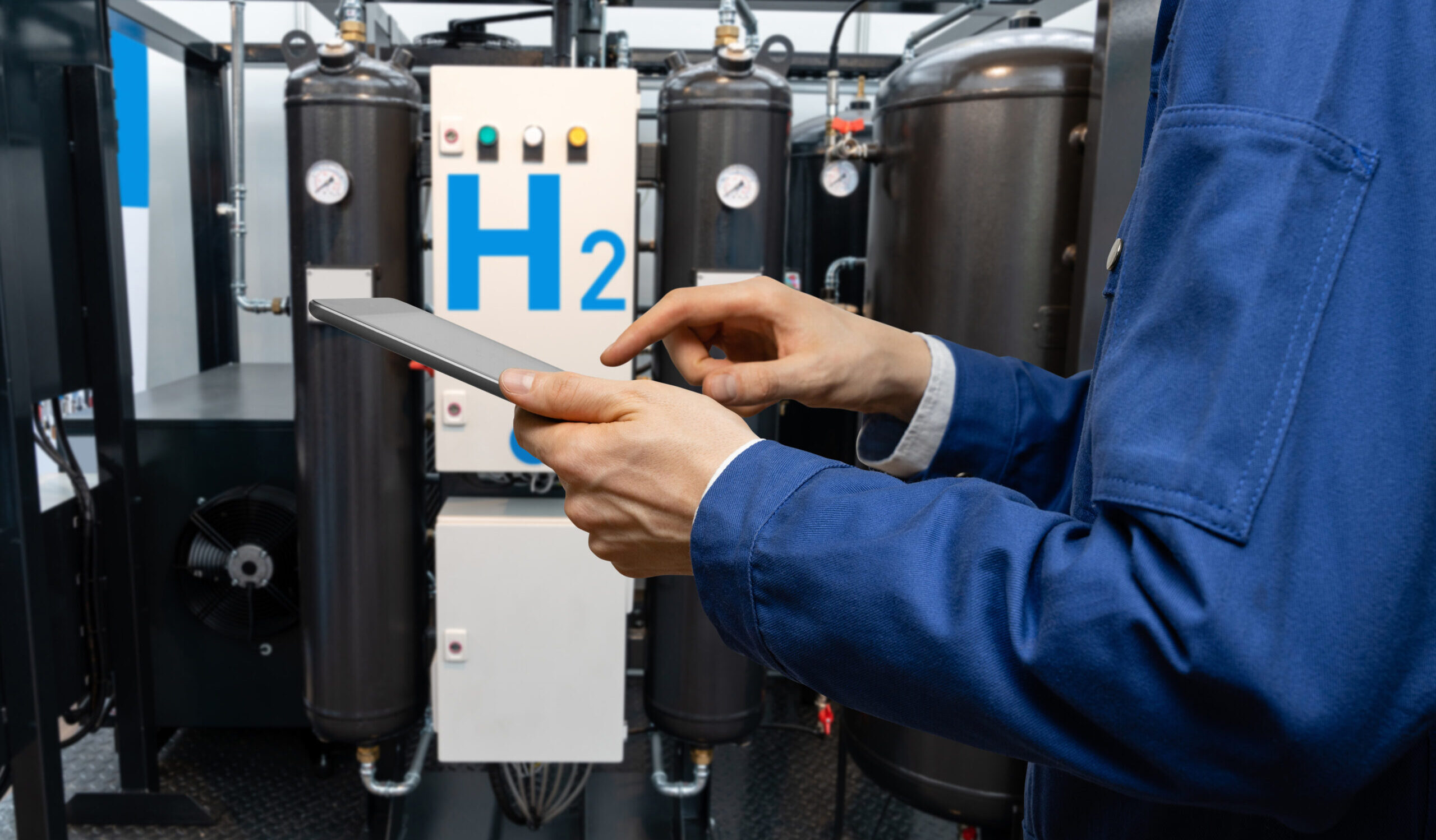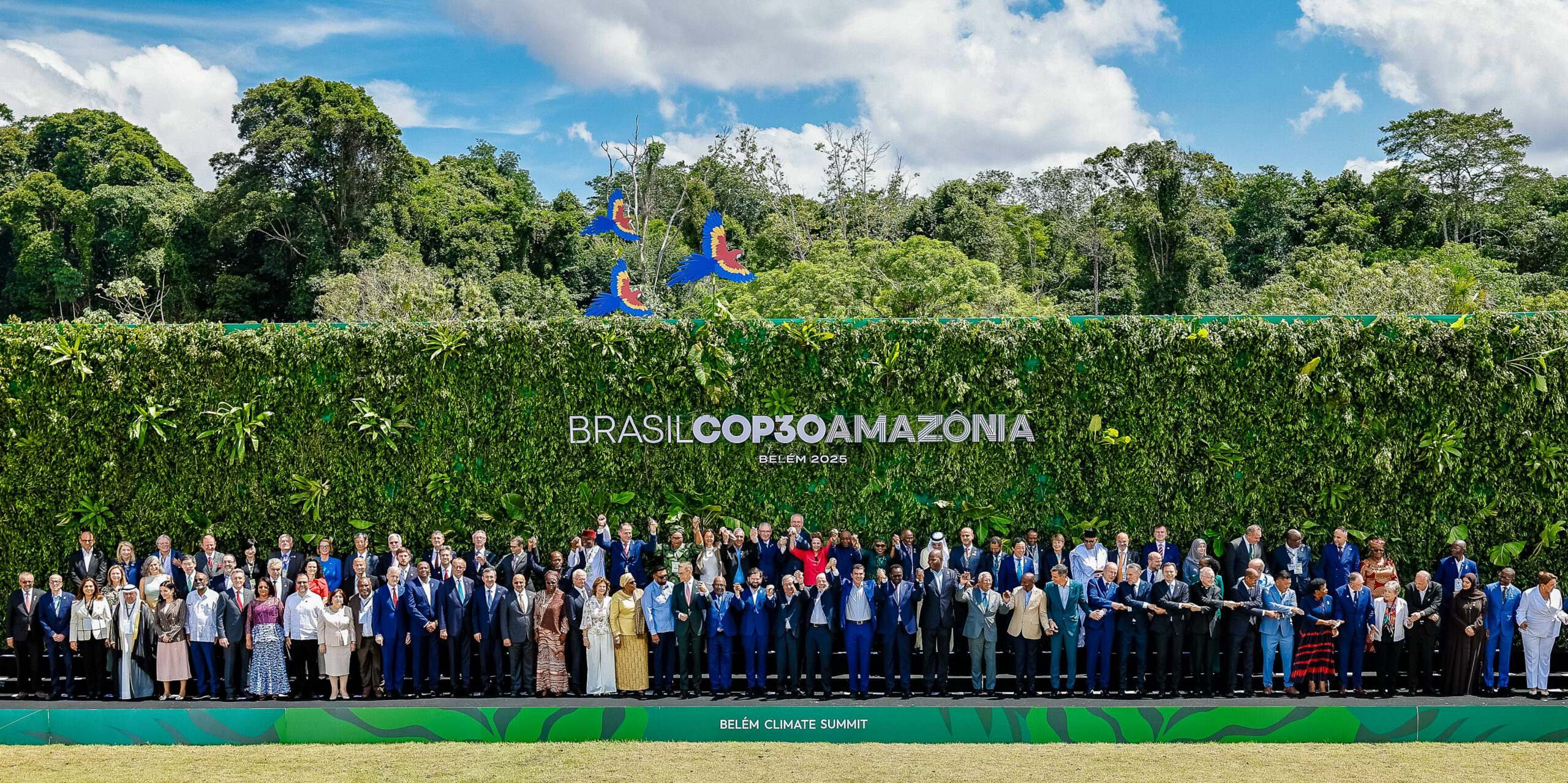Across the arc of history, islands have played the role of a testbed for the world’s most innovative ideas. Charles Darwin famously studied the ecological niches occupied by a diverse array of finch species on the Galapagos islands, inspiring him to develop the theory of evolution. While their small scale and distance from the mainland made for a perfect model for Darwin’s theory, such characteristics are in fact a barrier for today’s newest testbed – non-interconnected islands on their journey to 100% energy decarbonisation.
These islands (those not connected to a continental power grid, or to larger island grids) often face unreliable energy access due to their geographic isolation and the challenges of extending national grid infrastructure. They are also on the front lines of climate change, with an urgent need to shift from fossil fuels to renewable energy, making the transition all the more pressing. While a handful of lighthouse projects have paved the way, there is still much work to be done; of the roughly 2,200 inhabited islands in Europe, only a handful are fully fossil-free. The Clean Energy for EU Islands secretariat, an initiative of the European Commission, is providing technical support to 30 islands or groups of islands, aiming to achieve energy independence through 100% renewable sources by 2030 – but there is much work that remains to be done by other ecosystem players, including the private sector.
Starting with European Islands, Xynteo and ABB are working together to identify the specific challenges these communities face, chart a pathway towards energy independence and resilience, and support a wide range of interventions to implement these critical solutions.
Challenge 1: Overcoming grid limitations when introducing new renewable power
Islands often operate with small, isolated energy grids that lack the flexibility to balance the fluctuating supply of renewable energy sources, such as solar and wind. Without the ability to integrate and store energy effectively, these grids are at constant risk of instability, especially when renewable generation is low. Grid reliability is vital, but without adequate storage solutions, islands face frequent power outages or over-reliance on fossil fuel backups.
Example solution: ABB’s work in marine electrification holds significant promise for island communities who hope to electrify their transport networks but are limited in their grid capacity. Their projects, such as the Washington State Ferries hybrid-electric fleet, demonstrate how electrifying marine transport can achieve significant carbon emissions reductions while improving fuel efficiency. For many islands, ferries are a critical part of daily life, forming a vital connection between communities and supporting local economies. By integrating Battery Energy Storage Systems (BESS) into ferry operations, islands can store renewable energy generated during off-peak hours and use it to power their ferry systems without overloading the grid, further decarbonising their transport infrastructure.
Challenge 2: Building in supply reliability while relying on renewables
Given their geographical isolation, many non-interconnected islands have limited access to external energy imports. This makes energy storage critical for balancing supply and demand, particularly when renewable generation fluctuates. Without energy storage systems like BESS, islands struggle to manage energy supply during off-peak production times. As renewable energy becomes a larger share of the local energy mix, so too does the need for energy storage solutions, as generation from sources like solar and wind create bigger peaks and troughs in demand than fossil fuel sources. In tandem, these solutions can boost energy resilience by strengthening the reliability and stability of local power grids on non-interconnected islands – offering islands a pathway to a sustainable and self-sufficient energy future.
Example solution: ABB’s partnership with San Miguel Corporation in the Philippines offers a blueprint for what can be achieved on islands looking to transition to renewable energy. This collaboration, which was inaugurated in 2023, delivered one of the largest-ever grid-scale BESS projects in Limay, Bataan, providing the infrastructure to stabilise the local grid while supporting renewable energy integration. By avoiding large frequency deviations, they are preventing costly equipment damage and disruptive power system failure.
Challenge 3: Reducing dependence on fossil fuels in a cost-effective manner
Many islands still rely heavily on diesel generators for electricity generation, which is not only costly but also highly polluting. While renewables offer a cleaner alternative, the high upfront costs of infrastructure upgrades, regulatory challenges, and limited access to affordable financing models create significant barriers to transitioning away from fossil fuels. This challenge is compounded by the need for substantial investments in grid upgrades and energy storage, without which decarbonisation efforts cannot fully succeed.
Xynteo’s engagement with island stakeholders has revealed that these challenges are pervasive across many European islands. Despite high local potential for renewable energy generation, the costs of financing and the logistics of delivering these new systems act as a significant barrier to adoption. Yet, despite these obstacles, the opportunity for impactful change is significant, particularly if approached through systemic and collaborative frameworks.
Example solution: While the technical challenges of decarbonising island grids are significant, so too are the financial barriers. Many islands struggle with the high upfront costs of renewable energy infrastructure. Here, ABB’s Battery Energy Storage Systems as-a-Service (BESS-aaS) offers a viable solution. Instead of requiring islands to make large up-front capital expenditures on energy storage, the BESS-aaS model allows them to access these systems through a service-based model, paying a predictable fee over time. This removes the financial barrier to entry for islands, enabling renewable energy at lower costs and higher speeds. By combining energy storage and grid management solutions into a single service, islands can manage their energy needs more flexibly and reliably.
These challenges are interconnected and systemic, requiring a collaborative approach
Addressing the energy transition challenges faced by islands requires more than just technical solutions. Xynteo, with its extensive experience in solving systemic problems, advocates for a collaborative, multi-stakeholder approach to incubating and scaling solutions to pervasive sustainability challenges.
Taking this a step further, our partnership with ABB creates a platform that transforms critical energy infrastructure into a strategic investment asset. The BESS-aaS model allows organisations to get the best out of the latest technologies for more sustainable operations while keeping capital expenditures low, minimizing risk and achieving greater agility in managing their energy needs.
For a challenge such as the decarbonisation of non-interconnected islands, taking a systemic approach is critical, especially when there is strong requirement to bring together a range of different stakeholders, including local governments, regulatory authorities, community representatives, local business and industry, broader ecosystem players, and renewable energy developers.
Through carefully considered collaboration, systemic barriers can be addressed holistically, and islands transitioned to cleaner energy while ensuring grid stability, economic viability, and environmental accountability. Much like the early predecessors of today’s Darwin’s finches found upon their arrival to the islands they call home, a local, highly adaptable approach will be critical in driving this transition.
Xynteo and ABB will be hosting a workshop on Samsø island, a pioneer in renewable energy adoption, on November 26th, 2024, to explore the unique challenges that Island communities face. Working with local stakeholders, solutions providers, and global experts, we will showcase actionable steps for implementing innovative energy solutions for island communities, with a focus on overcoming grid constraints, enhancing energy reliability, and reducing dependence on fossil fuels.
Lee Todd
Executive Product Manager, ABB
Amy Marshall
Managing Director, Xynteo
Charles Cooper
Senior Consultant, Xynteo
For further information, follow us on social media (LinkedIn I Twitter), or Contact Us to find out how we can help your leaders and organisation create people and planet-positive impact.



